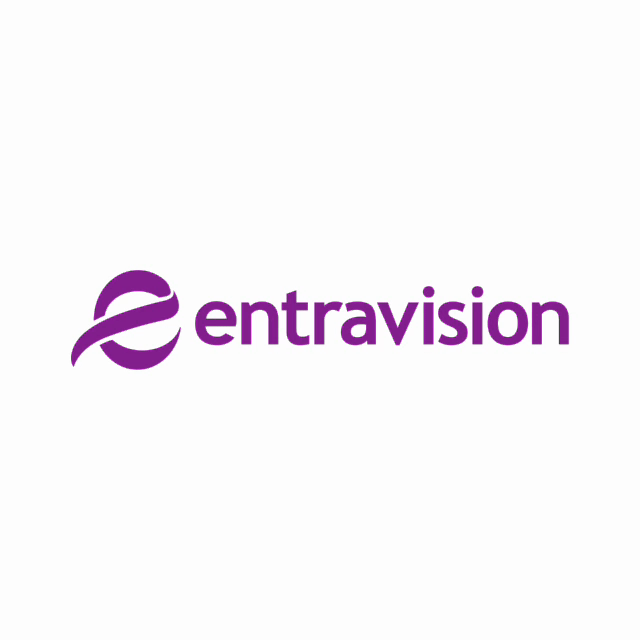Advertisers Must “Lean In” to Media
July 30, 2016
 By Bill Duggan, Group EVP, ANA
By Bill Duggan, Group EVP, ANA
The K2 Intelligence report released June 7 identified the increasing complexity of the media-buying landscape and the corresponding struggle by advertisers to respond to those rapid changes as key factors that have enabled the proliferation of non-transparent business practices in the U.S. market. The ANA and Ebiquity/FirmDecisions have now issued the much anticipated follow-up report, “Media Transparency: Prescriptions, Principles and Processes for Advertisers” which offers a number of recommendations and guidelines. A key recommendation is that advertisers are responsible for more active stewardship of their media investments.
Media is the largest marketing expenditure at many companies and, simply stated, advertisers should be responsible for assuming greater internal stewardship of their media investments. They need to “lean in” and be more active overseers of their media spending and take a hands-on role in all media-related decisions.
Over the years when discussing media management issues I have many times heard the phrase, “That’s why I hire my agency.” Some advertisers immediately default all media management responsibilities to their media agencies, and that’s a mistake. Those who fail to exercise active internal stewardship do so at their own risk. Some specific guidance:
- Advertisers should have a clear understanding of how their company’s media dollars are invested, optimized and measured. That includes full knowledge of how media plans are deployed, in-depth reporting of the costs of those deployed plans and full reporting and analysis of the effectiveness of executed plans.
- Importantly, advertisers should develop relationships with key external media partners with whom they conduct business. The purpose here is not to cut the media agency out of discussions. Rather, with such direct relationships media partners are able to get closer to the advertiser’s business and develop even better solutions. Plus, transparency issues are likely to be reduced when the advertiser is directly involved with media partners.
- Advertisers should appoint a chief media officer (either in title or function) who should take responsibility for the internal media management and governance processes that deliver performance, media accountability and transparency throughout the client/agency relationship. On the most fundamental level, the chief media officer should drive the media strategy, partner with external agencies and work with third-party suppliers to optimize the media mix and maximize ROI. This executive would be the centralized internal resource to drive integration and share best practices across internal brand teams and external agencies. Furthermore, the chief media officer would be the internal subject matter expert on the many important and complex media issues confronting advertisers today. Digital media should be a foundational skill for this position.
- Media management training should be implemented for key advertiser staff, particularly in the areas of the digital media supply chain, contract development and data management.
Media is no longer relegated to the last ten minutes of agency new business pitches. Media is where the “action is” in the advertising industry and more marketers must lean into that action.





























